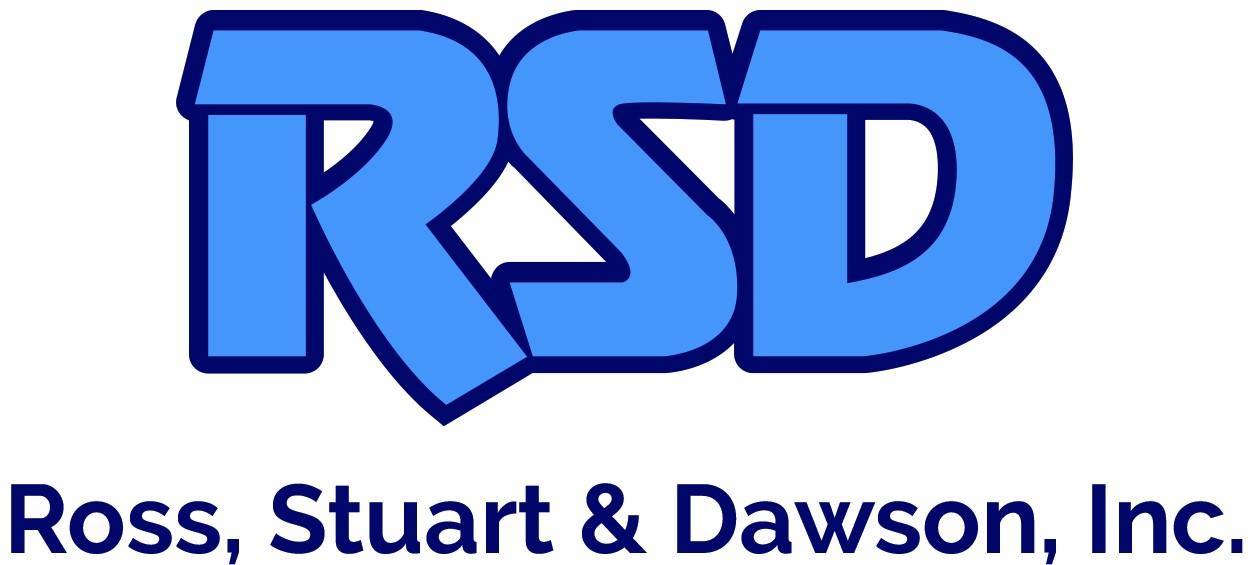Though it’s not ideal, there are circumstances where it may be better to halt collection efforts:
- Low Recovery Probability: If the debtor lacks assets or income to satisfy the debt, pursuing legal action may result in additional costs without a realistic chance of recovery.
- Cost-Effectiveness: For small debts, the expenses associated with litigation (e.g. legal fees and court costs) may outweigh the potential recovery.
- Time and Resources: Pursuing legal action can be time-consuming and resource-intensive. If the effort outweighs the potential return, it may be more efficient to cease collection efforts.
- Disputes and Defenses: If the debtor disputes the debt and presents valid defenses that complicate the case, resolving the matter outside of court may be preferable.
End Your Search for Debt Collection Companies
Navigating debt collection requires a balanced approach, weighing financial considerations, legal rights, and practical realities. By carefully evaluating these factors and exploring alternatives, creditors can make informed decisions that maximize the chances of debt recovery while minimizing unnecessary costs and efforts. A debt collection company can help you navigate the process. If you have questions, or if you’re ready to place a claim, call (248) 370-8160 or submit a contact form here.










.png)
.png)